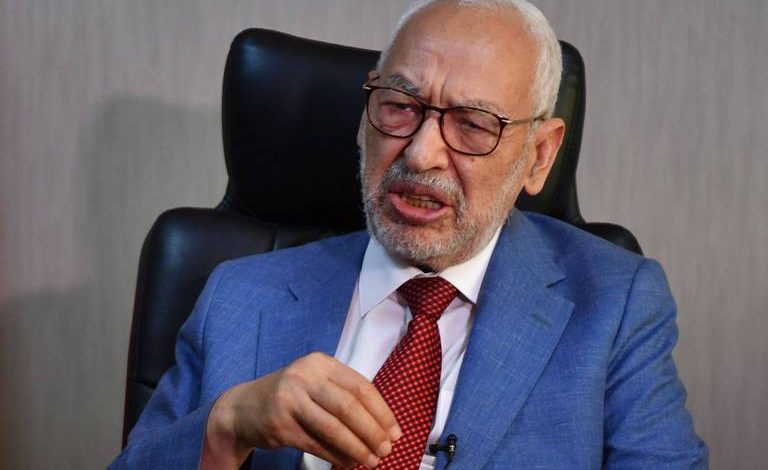The implications of the fall of Ennahdha movement in Tunisia and the rejection of the people

The Ennahdha Party, the political arm of the terrorist Muslim Brotherhood group in Tunisia, is experiencing an unprecedented decline, in light of the popular rejection of the presence of the Brotherhood in the state’s institutions after Tunisians suffered from a decade of Brotherhood rule following the 2011 revolution, until the current Tunisian President Kais Saied came to power, putting an end to the Brotherhood’s control over the state’s institutions.
Reasons for the decline
Observers believe that the continuous decline of the terrorist group has several reasons, including the political fires ignited, the creation of crises and sedition, in order to divert the attention of the Tunisian people from the ongoing government failure in managing the country’s affairs during the decade that was described as the black decade of Brotherhood rule. Additionally, there are several indicators, where the rapid developments on the Tunisian political scene have strongly affected it, from the overwhelming rise in the 2011 elections to the dramatic fall after the decisions of President Kais Saied on July 25, 2021.
Observers added that although the Ennahdha party had achieved great success in the 2011 legislative elections, rising to power with 89 seats out of 217 in the National Constituent Assembly, thereby occupying the top of Tunisian aspirations, and sitting atop the political scene, it declined in the 2014 elections, where the party fell to second place in terms of the number of seats in the Tunisian parliament, with 69 seats behind Nidaa Tounes, which won 85 seats. This decline continued in the 2019 legislative elections, where the party won 52 seats out of 217 in parliament, making the 2019 legislative elections the beginning of the Ennahda’s political decline.
Poor parliamentary performance
In the same context, the poor parliamentary performance of Ennahdha’s members came as one of the main reasons for losing the public’s trust, as indicated by the number of supporters in the three elections witnessed by the country since 2011, which reached one million and 498 thousand voters, then decreased to 947 thousand in the 2014 elections, and then reached 561,132 voters in the 2019 elections. This was reflected in the results of the 2019 presidential elections, where Ennahdha’s candidate, Abdelfattah Mourou, won only 12.88% of the vote, compared to the winning candidate Kais Saied, who won 72.71% of the vote.












